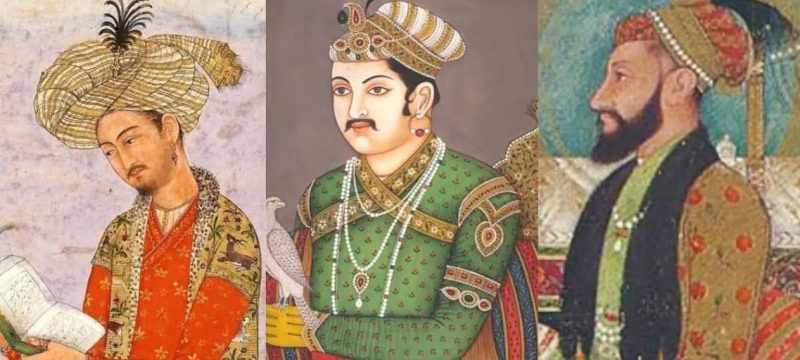The newly released Class 8 history textbooks by the National Council of Educational Research and Training (NCERT) have stirred controversy due to their portrayal of Mughal rulers such as Babur, Akbar, and Aurangzeb. The textbooks, part of the revised curriculum under the National Education Policy (NEP) 2020 and National Curriculum Framework for School Education 2023, describe these rulers in a negative light, labeling them as “brutal mass murderers” and “destroyers of temples.”
The book, Exploring Society: India and Beyond (Part 1), covers Indian history from the 13th to the 17th centuries. It includes chapters about the Delhi Sultanate, the rise of the Vijayanagara Empire, the Mughals, and the resistance against them. The text highlights the conflicts and the changes in India’s political map, detailing both the conquests and the resistance during these times.
According to the textbook, Babur, the founder of the Mughal Empire in India, is described as a “brutal and ruthless conqueror” who allegedly slaughtered entire populations and built “towers of skulls” as a sign of victory. Emperor Akbar’s rule is painted as a mix of “brutality and tolerance,” with a reference to the massacre of 30,000 civilians in Chittorgarh. The textbook cites Akbar’s message after his victories, which spoke of destroying temples and erasing the signs of “infidelity” from the land.
Aurangzeb, another prominent Mughal emperor, is called a “destroyer of temples and gurudwaras,” with specific mentions of his actions in cities such as Mathura, Banaras, and Somnath. The book also emphasizes the imposition of the jiziya tax on non-Muslims, which is described as a tool of humiliation and social pressure to convert to Islam. These portrayals mark a stark shift from earlier editions of the textbooks, which were less critical of these historical figures.
In contrast to the Mughals, the textbooks portray Chhatrapati Shivaji Maharaj, the ruler of the Maratha Empire, as a secular and visionary leader who respected other religions and worked to rebuild temples that had been destroyed.
The content in these NCERT textbooks has sparked a debate on how historical figures and events should be represented in educational materials. As the revised curriculum gains attention, the descriptions of Babur, Akbar, and Aurangzeb have become a topic of significant discussion among historians, educators, and the public.
In other news, Rajab Butt’s house was targeted in a shooting incident by unknown gunmen — Read more about the details and investigation in our full report.





